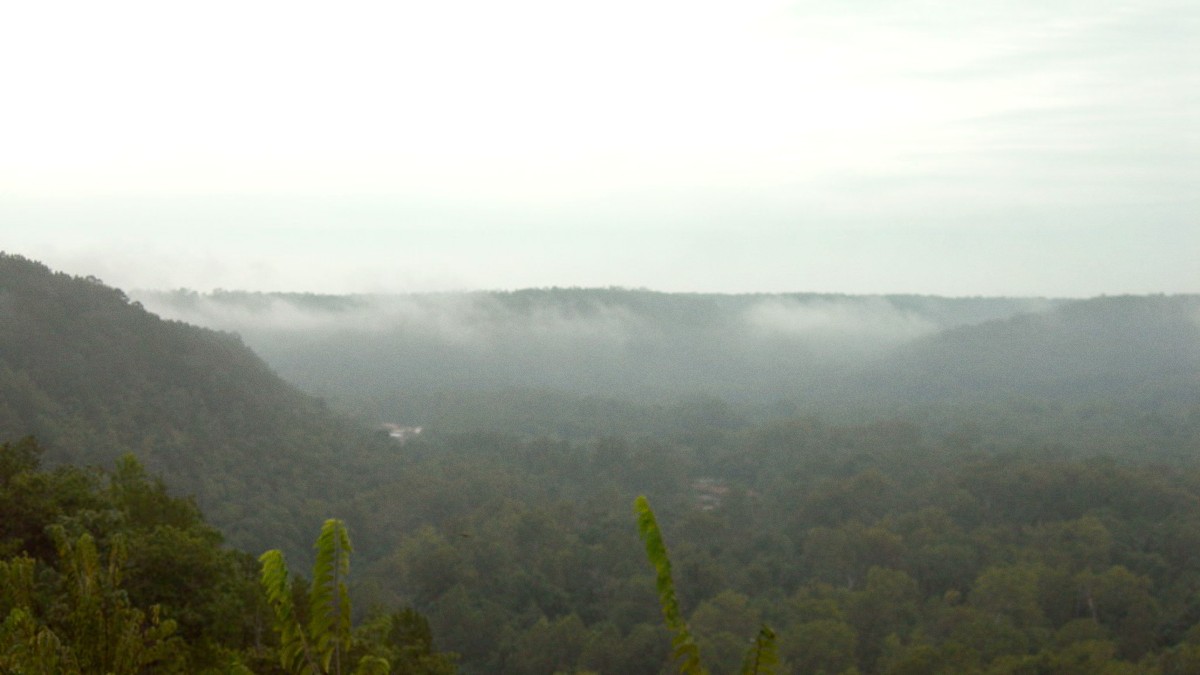
Arkansas, USA
Managed by the National Park Service, this designation keeps the river free-flowing and its surrounding ecosystem protected. A model of conservation.
Managed by the USDA Forest Service, these forests are conserved for multiple uses, including recreation, timber production, and watershed protection.
These parks protect natural and cultural resources across the state, with educational programs and conservation efforts.
Recycling common in larger towns, though facilities may be limited in rural areas. Practice "Leave No Trace" principles.
Practice "Leave No Trace" principles. Pack out everything you pack in, including all trash, food scraps, and even human waste in some remote areas.
Though Arkansas seems to possess abundant water, responsible water use is still encouraged. Drought conditions can change river levels and local water supplies.
Air travel contributes greatly to carbon emissions. Consider purchasing carbon offsets for your flights through reputable programs. Many airlines present this option directly during booking.
Seek accommodations promoting sustainable practices, like energy-efficient lighting, water-saving fixtures, and waste reduction programs. They might also source local food.
Remember that your actions leave an impression. By traveling responsibly, you contribute positively to the Ozarks and encourage a sustainable future for this special place.
The Ozarks possess a rich and unique cultural heritage. Show respect and awareness for local traditions and communities.
A friendly "Hello" or "Hi" common. Handshakes are typical for introductions. "Howdy" is a common informal greeting in some parts. You may be addressed as "ma'am" or "sir," a sign of respect.
If you visit a church or religious site, dress modestly, remove hats indoors, and respect any ongoing services or ceremonies. Maintain quiet and reverence.
Avoid activities involving animal exploitation or mistreatment. Do not purchase goods from endangered species or materials from illegal wildlife trade. Avoid activities that trivialize or misrepresent local culture.
Do not engage in activities that mistreat animals.
Do not buy products from endangered species or illegal trade.
Avoid activities that misrepresent local culture.